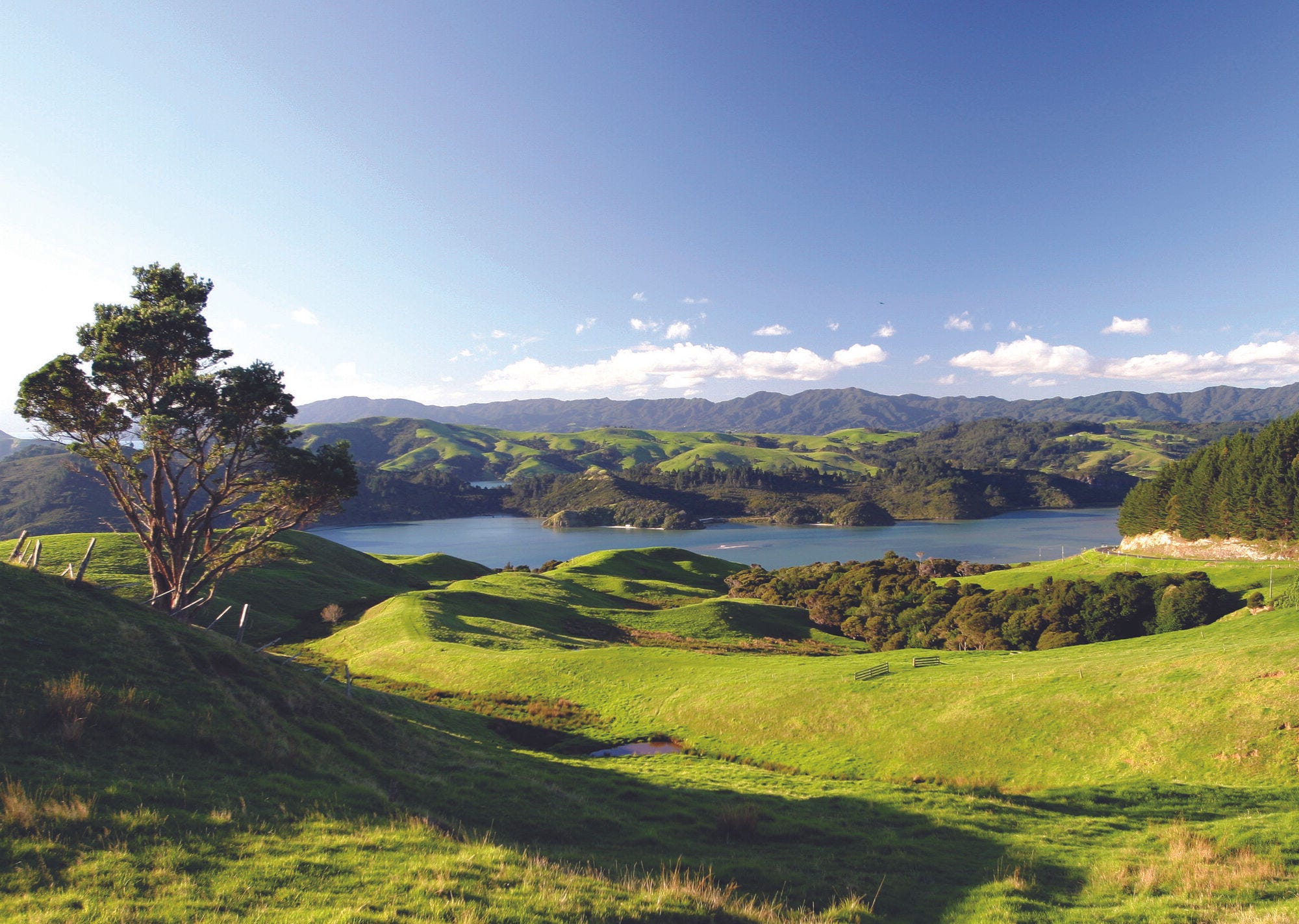Freshwater resources are of major environmental, economic and social importance. Their distribution varies widely among and within countries. Their availability and their quality are affected by water abstractions such as for public supply irrigation, industrial processes or cooling of electric power plants, pollution loads from agriculture, industry and households, changes in climate and weather conditions. Infrastructure developments can also affect the natural integrity of rivers, lake, aquifers and wetlands. If a significant share of a country’s water comes from transboundary rivers, tensions between countries can arise. In arid regions, freshwater resources may, at times, be limited to the extent that demand for water can be met only by going beyond sustainable use.
Overexploitation, pollution and inefficient use of water are of concern. Over-abstraction of water, in particular, can lead to low river flows, depleted groundwater and degraded water quality, loss of wetlands, desertification and risks for food security and economic production. Infrastructure developments can affect the natural integrity of rivers, lakes, aquifers and wetlands. If pressure from human activities becomes so intense that water quality is impaired to the point that it requires ever more advanced treatment, or that aquatic plant and animals in rivers and lakes are threatened, then the sustainability of water resource use is in question.
